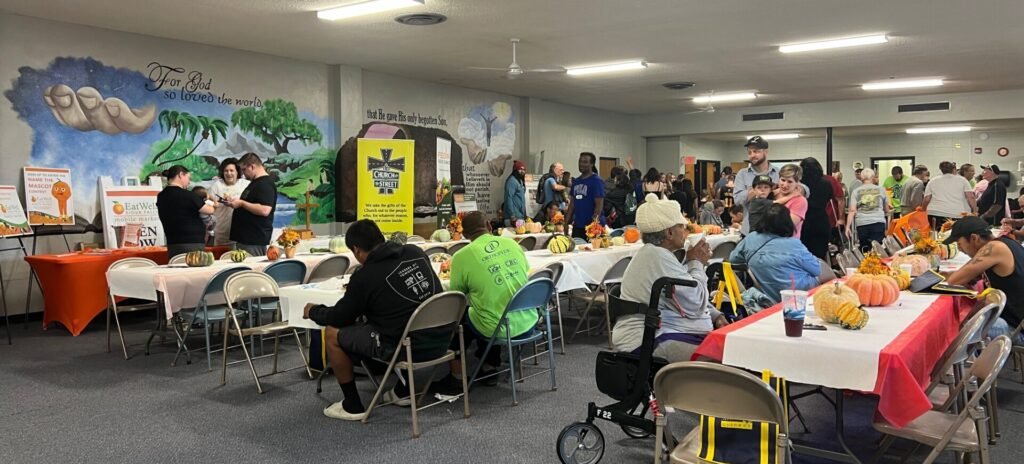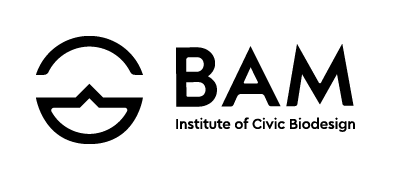
Fourfold Pedagogy
Fourfold Pedagogy
The ethos of BAM can be construed in terms of four symbiotic pedagogies. Each of these approaches are modalities (or learning theories) that shape the curriculum and affect the way it is deployed. While BAM recognizes the value of many other pedagogies, these four have pride of place in helping fellows pursue the program.
1. Project-Based Education (PBE)
Description: Project-Based Education (PBE) achieves learning through structured but flexible projects. Students identify and work through complex problems, often addressing real-world situations and utilizing authentic assessments. Projects, whether conducted solo or in groups, are relevant and welcome an immersive environment. The process is marked by spirals, iteration, adaptation, and redirects, where failure in desired outcomes can still lead to high educational marks. A coach oversees the project, ensuring it engages interdisciplinary and inter-industry issues.
Key Features:
Complex Problem Solving: Tackling real-world issues through hands-on projects.
Iterative Process: Emphasizing spirals, adaptation, and redirects.
Immersive Environment: Encouraging deep engagement in relevant settings.
Coaching Oversight: Guided by a coach to ensure meaningful learning experiences.
Authentic Assessments: Utilizing real-world evaluation methods.
Rationale: Civic biodesign calls for PBE because it engages the thorny, interdisciplinary, inter-industry issues of the day, fostering practical and adaptable problem-solving skills.
2. Competency-Based Education (CBE)
Description: Competency-Based Education (CBE) measures educational progress through demonstrated proficiency in clearly defined areas of learning. Each competency is transparent and attached to credible assessment methods, stressing goal achievement regardless of time. CBE welcomes customization of inputs (training resources) and outputs (demonstrations of proficiency), allowing multiple pathways to the same destination.
Key Features:
Goal-Oriented Learning: Focused on achieving specific competencies.
Customization: Tailoring learning resources and assessments to individual needs.
Flexible Timeframes: Prioritizing proficiency over time spent.
Clear Assessments: Transparent and credible methods for evaluating competencies.
Multiple Pathways: Offering diverse routes to achieving the same goals.
Rationale: Civic biodesign calls for CBE because competencies provide a clear but nimble framework for measuring learning in cross-disciplinary pursuits, ensuring that students achieve practical and relevant skills.
3. Network-Based Education (NBE)
Description: Network-Based Education (NBE) involves distributed supervision where students are trained and assessed by a range of people beyond traditional teachers. This includes a curated collection of coaches, mentors, subject matter experts, advisors, and dedicated assessors. In the fullest version, students are supervised and assessed by those in their personal network, such as managers, coworkers, confidantes, counselors, and even friends and family for select educational items.
Key Features:
Distributed Supervision: Involving a diverse array of mentors and assessors.
Curated Network: Guided by a mix of professional and personal connections.
Immersive Context: Engaging with a wide array of people familiar with the learning environment.
Holistic Assessment: Incorporating feedback from various sources.
Personalized Guidance: Tailored mentorship from a broad network.
Rationale: Civic biodesign calls for NBE because learning that happens in a wide, immersive, contextual environment should involve a wide array of people familiar with that environment, providing diverse and relevant guidance.
4. Resilience-Based Education (RBE)
Description: Resilience-Based Education (RBE) is a highly adaptive and transformative pedagogy that cultivates antifragile virtues through embracing failures and becoming stronger as a result. RBE focuses on heuristic learning, where students engage in trial-and-error, question assumptions, experiment with new perspectives, and develop better forms of self-evaluation. This approach emphasizes both external (macrocosm) and internal (microcosm) worlds, fostering self-knowledge, lateral thinking, improvisation, entrepreneurship, and intercultural adaptation.
Key Features:
Embracing Failures: Viewing failures as opportunities for growth and learning.
Heuristic Learning: Engaging in trial-and-error, experimentation, and questioning assumptions.
Self-Evaluation: Practicing introspection to improve self-awareness and personal development.
Lateral Thinking: Encouraging creative and out-of-the-box thinking.
Improvisation: Developing the ability to adapt and innovate in real-time.
Entrepreneurship: Fostering entrepreneurial mindsets and skills.
Intercultural Adaptation: Promoting the ability to navigate and thrive in diverse cultural contexts.
Rationale: Civic biodesign calls for RBE because it produces emergent leaders equipped with resilience, adaptability, and the capacity to flourish in both personal and professional spheres, preparing them to face real-world challenges and contribute to the world meaningfully.
